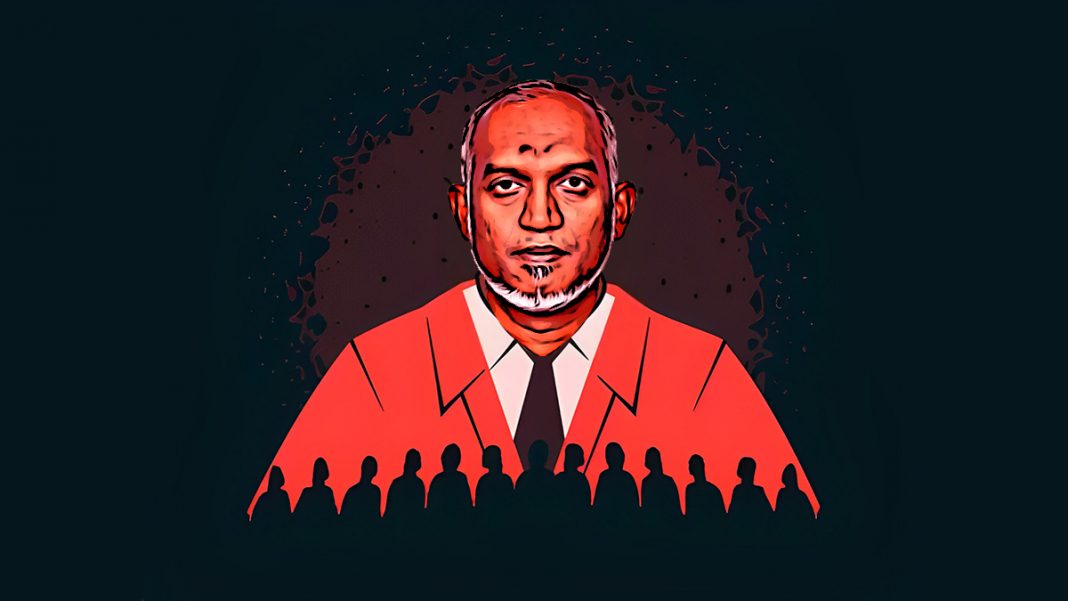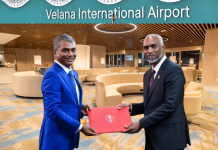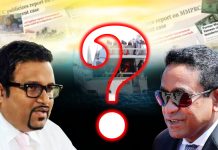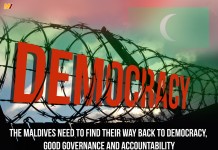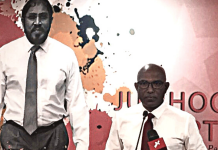The President’s Office has declared that chief guests for events organized by ministries must now receive approval from President Dr. Mohamed Muizzu himself. While on the surface this may appear to be a routine administrative decision, insiders are beginning to whisper that this is just another sign that Muizzu doesn’t trust his own ministers. The move is raising questions about how much autonomy his Cabinet really has – and whether any of them are allowed to stand in his spotlight.
Ministers have also been ordered to seek the President’s direct approval before they accept invitations to attend events as chief guests. In a system where ministers are traditionally seen as the face of their respective ministries, this development feels less like oversight and more like a signal: Muizzu wants no one to overshadow his power or image.
Several sources confirmed that the official directive, signed by the Minister at the President’s Office, Ali Arif, was delivered to the ministers in late August. The order isn’t a suggestion – it’s a clear mandate that ministries must now formally write to the President’s Office seven days in advance to get the nod of approval.
So what’s driving this? Political analysts suspect that President Muizzu is establishing himself as the singular, undeniable authority. This micromanagement of who stands in the limelight at government events hints at a deeper unease. Perhaps Muizzu sees any display of independent authority from his ministers as a potential threat. In a political environment where appearances are everything, even a photo op can speak volumes.
The implications are already clear. According to sources, the President’s Office has already replaced chief guests for some ministry events – subtly reinforcing who really holds the reins of power. It’s a message to the ministers: in Muizzu’s Maldives, nobody makes a move without his approval.
While supporters of the President may argue that this is about maintaining uniformity and order, the broader concern is that this is yet another step towards consolidating control. By centralizing even the smallest of decisions, Muizzu is sending a message: there’s no room for anyone else to take the stage.
What began as an economic crisis has now spiraled into what looks increasingly like a government ruled by one man’s hand – a hand that refuses to loosen its grip. Ministers are expected to follow, not lead. As the country faces economic challenges, the question on everyone’s mind is: will this excessive control help or hurt the Maldives in the long run? Or is it the beginning of a government where no one but the president dares to shine?

